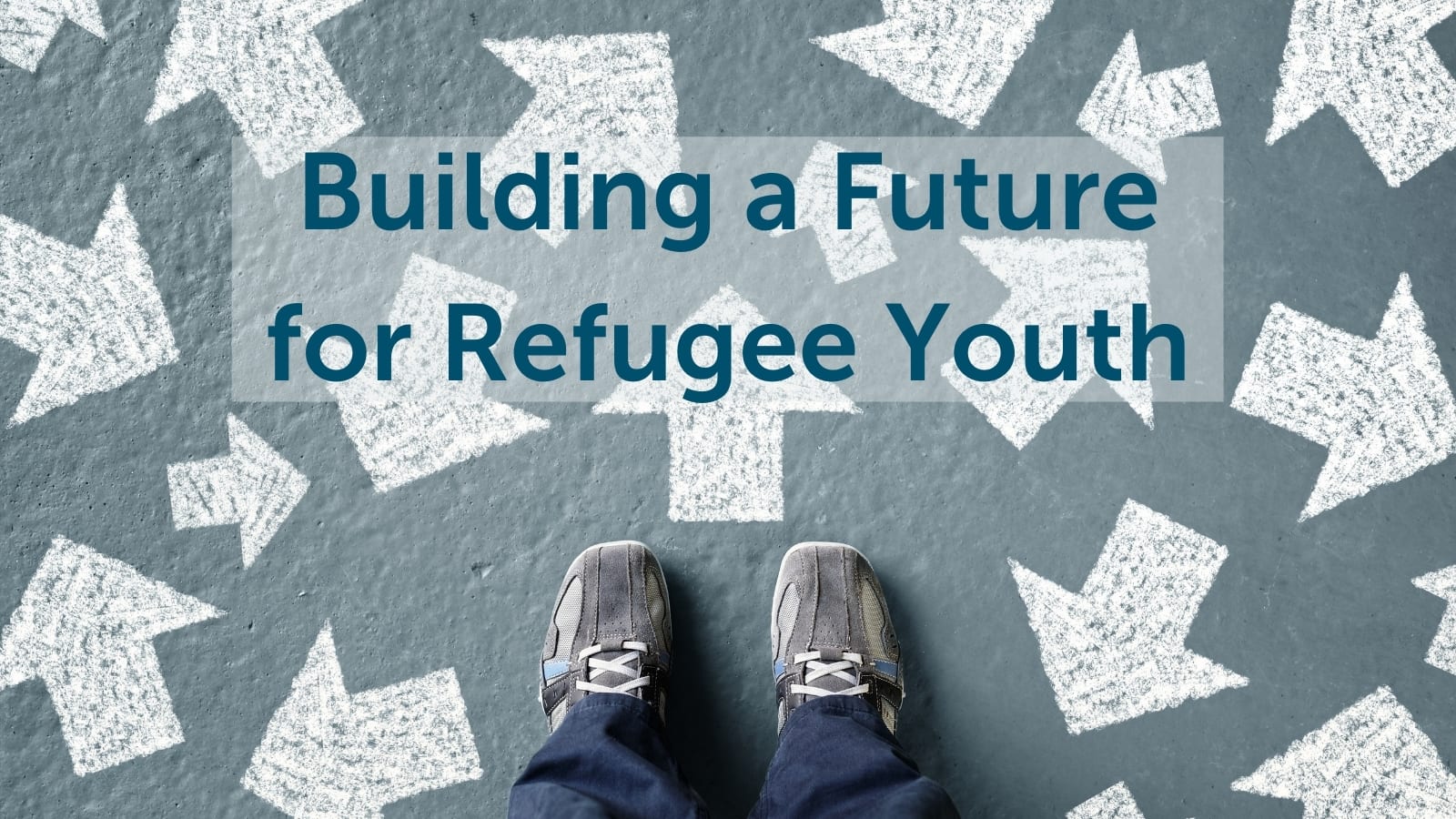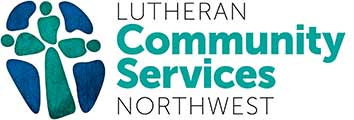Building a Future for Refugee Youth

With a surge of youth trying to seek asylum in the United States at the Mexican border, Lutheran Community Service Northwest works to be part of the solution. We support Unaccompanied Refugees Minors (URM) and place them in foster care in the Seattle and Spokane areas.
Our Seattle URM work started in the 1980s, and is called Refugees Northwest Foster Care. Program Director Anibal Ruiz leads that team. The Spokane URM program started five years ago, led by Director of Child Welfare Services Shelly Hahn.
“We currently have 96 youth in our care,” Anibal said. “That is close to our capacity. We’re hoping to expand this next fiscal year (starting July 1), but that will take more funding and staff.”
There are 36 youth in Spokane’s program, which is an all-time high and at the program’s capacity. The number of referrals, placement options, and program staff determines capacity.
“We’ve been asked to reassess our capacity because with the new administration more kids are expected to enter the pipeline,” Shelly said.
The goal of each program is to support URM emotionally, physically and educationally as they work toward independence. English skills are frequently minimal when youth arrive, so learning the language is a priority. Younger teens usually live in foster homes, while older URMs live in group homes as they build independent living skills. We can only place children under 18, but they can receive ongoing benefits and support until they are 23.
“We try to address the whole individual in our work,” Anibal said. He added that cultural understanding is an important piece, as the youth come from different cultures than their foster parents.
Most of the youth want to get a job, but they need to be certified to work before they start. Of the 28 URMs in Spokane eligible to work, 20 have jobs. The other eight are still in high school.
Federal agencies oversee and fund URM work, and youth come to us and other URM programs through a pipeline managed by Lutheran Immigration and Refugee Service (LIRS). Four years ago, 70 to 100 kids per month were in that pipeline. In recent years, the pipeline has 10 kids or less each month.
“The whole process was to get kids here safely and appropriately,” Shelly said. “That process was dismantled. I worry about recreating a process to keep kids safe and match them up with the right programs.”
Kids qualify for URM in two ways. They can seek asylum at our borders. Those youth come mostly from Central America, and are often fleeing gang violence. Kids also come from overseas, where they have been waiting in refugee camps. Those youth are fleeing political and/or religious violence and persecution. Nearly all arrivals in the last four years have come from Central America. A return of youth from overseas is expected in the near future.
“What we’re trying to do is fix a moving vehicle while driving down the freeway,” Anibal said. “We just can’t stop and reset.”
With more URMs expected, each program is gearing up their foster parent recruiting, along with adding more group homes. Foster parents must go through an in-depth certification process. Donations would help fund more staff.
We are also looking for people willing to rent a room to a URM who is an older teen. There is far less supervision involved, and there is no need to go through the extensive foster parent certification process.
As for what’s going on at the our Southern border right now, both leaders say they are not surprised by the surge in immigrant youth with the borders being mostly closed for the last four years. Prior to that, immigration had been a constant no matter what party held the presidency. Youth are still being kept in detention centers.
“It’s a mix of hope and sorrow as we face the situation at the border,” Anibal said.

0 Comments